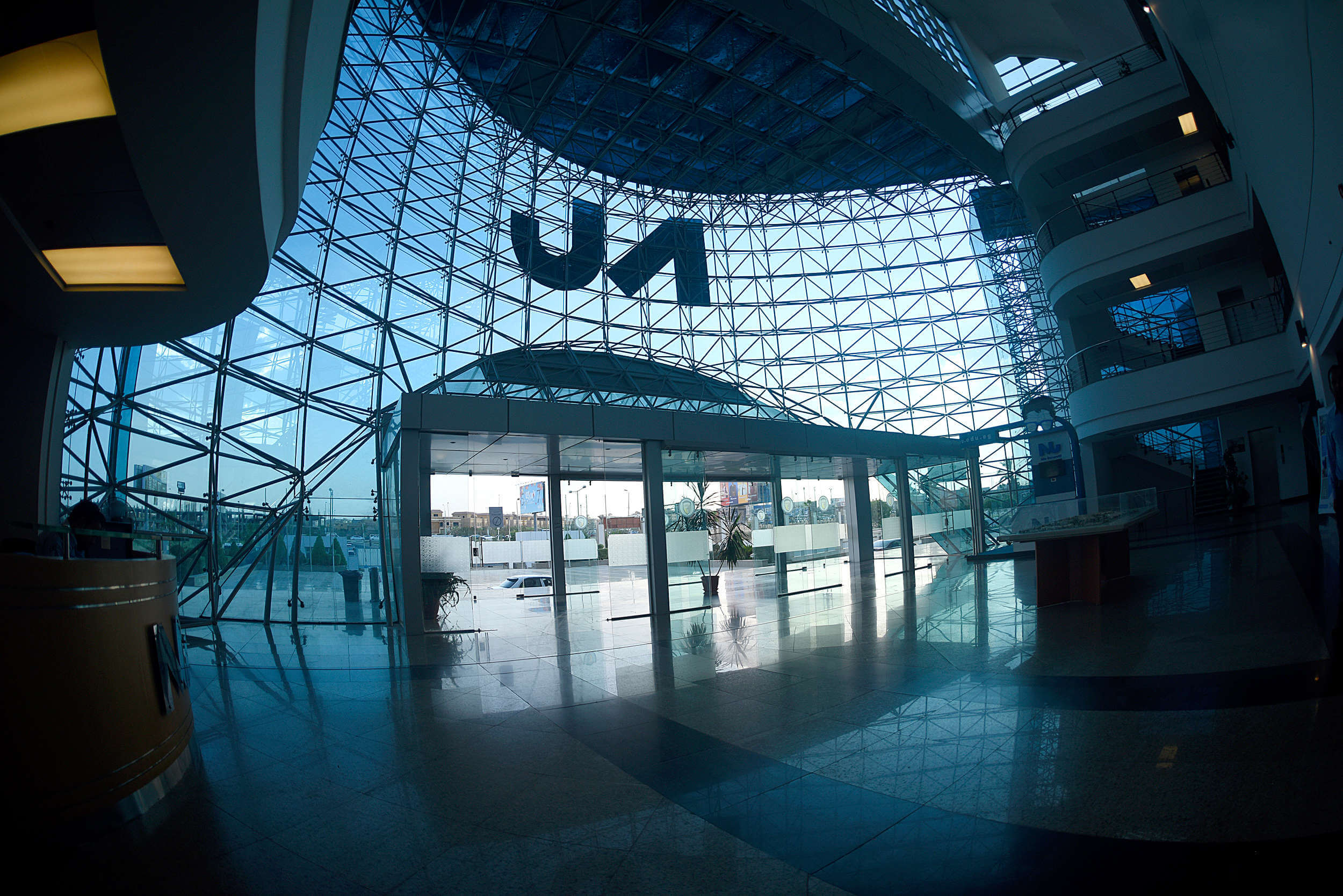Courses
Manufacturing Processes I
Introduction to metrology, and working drawings, geometric dimensioning & tolerancing, Introduction solidification and cooling and material properties, Applications of sand casting, expendable mold casting, die casting, injection molding, Techniques and applications of metal forming, fundamentals of metal forming, hot working processes, cold working processes, Welding processes, Machining
IND 212
Manufacturing Processes II
Introduction to material removal process, machining operations: turning, milling and drilling, machine tools and machining setups, jigs and fixtures, cutting forces and powers, other machining processes (broaching, sawing, filing, abrasive thread and gear manufacturing), additive manufacturing, non-traditional processes, mechanical energy processes, electrochemical machining processes, thermal
IND 313
Mechanics of Materials
Concepts of stress and strain, mechanical behavior of materials, internal reactions in rods, axial deflections in rods, mechanical and thermal loadings, Statically indeterminate rods, Lateral deflections (Poisson’s ratio), Generalized Hooke’s law, normal and shear stress in beams, pure bending, bending due to eccentric forces (2D and 3D), torsion of solid and hollow circular members, transverse
MNG 213
Metrology and Precision Measurements
The basis for judgments about process information, quality assurance, process control, design proper operation and maintenance of a product/system, importance of Measurement for acquiring necessary data about both these aspects of engineering, statistical analysis related to measurements, uncertainty in measurements, calibration of measuring equipment, tractility of measurement, sources of error
IND 415
Modeling and Simulation
A basic treatment of discrete-event simulation, the proper collection and analysis of data, the use of analytic techniques, verification and validation of models, designing simulation experiments, the application of simulation in manufacturing, material handling systems, and service industries.
IND 354
Object Oriented Modeling of Industrial Systems
System concept and approach in operation, identify and differentiate between various types of systems, model and analyze various industrial and service systems and processes, system mapping and description using the Unified Modeling Language (UML) and Pseudo coding, the breakdown and structure of an object oriented system, UML language to describe a system and serves as an input for software
IND 356
Operation Management in Service Industry
A firm's operations management function, with emphasis on service organizations, examines critical competitive and strategic issues pertaining to service operations management, including service facility design, layout, and location, service quality, managing queues, managing capacity and demand, the service encounter, forecasting and project management, surveying of service industries including
IND 323
Operations Management
Operations and productivity concepts, Production control, operation decision making, Systems design, capacity and investment, Functions of inventory and ordering systems, Planning for goods and services, Process planning and selection and demand forecasting, Production-inventory systems, materials requirements planning (MRP), just-in-time systems, Aggregate planning and master scheduling.
IND 322
Operations Research I
The decision-making process criteria and the different decision making environments, the knowledge and experience of problem-solving techniques through using different operations research modeling and solution techniques, linear and integer programing, graphical and analytical solution methods, utilize suitable tools at different problem-solving situations.
IND 252
Operations Research II
Different mathematical modeling techniques, integer programming models and solution techniques, goal programming, non-linear programming, dynamic programming, Markov analysis.
IND 355
Practical Training I
A minimum of four weeks of practical training in off-campus sites elected by the program. Students are required to submit a recognition letter from the site where they received their training, in addition, a report and a presentation are submitted as well. Course is a Pass/Fail course.
IND 291
Practical Training II
A minimum of four weeks of practical training in off-campus sites elected by the program. Students are required to submit a recognition letter from the site where they received their training, in addition, a report and a presentation are submitted as well. Course is a Pass/Fail course.
IND 392
Project Management
Fundamental of project management, the tools and techniques necessary to manage complex projects, aligned with the industry standard Project Management Book of Knowledge (PMBOK), competencies according to Project Management Institute (PMI) & International Project Management Association (IPMA), projects planning, scheduling and estimating, developing approval process, testing for alternatives
IND 325
Reliability Engineering
principles of reliability, failure rate and its relation to reliability, probability distribution of the time to failure, exponential and Weibull distributions, reliability of systems, series and parallel systems, stand by redundancy, systems mean time to failure, mean residual life, reliability in design. Failure mode effect analysis, failure tree analysis, reliability testing analysis, and
IND 435
Reverse Engineering
Introduction to product development with reverse engineering concept, Product development tools, scanning (digitizing), rapid prototyping, definition of customer needs, product architectures, Product metrics, design for manufactures and assembly, design for environment, case studies.
IND 416

